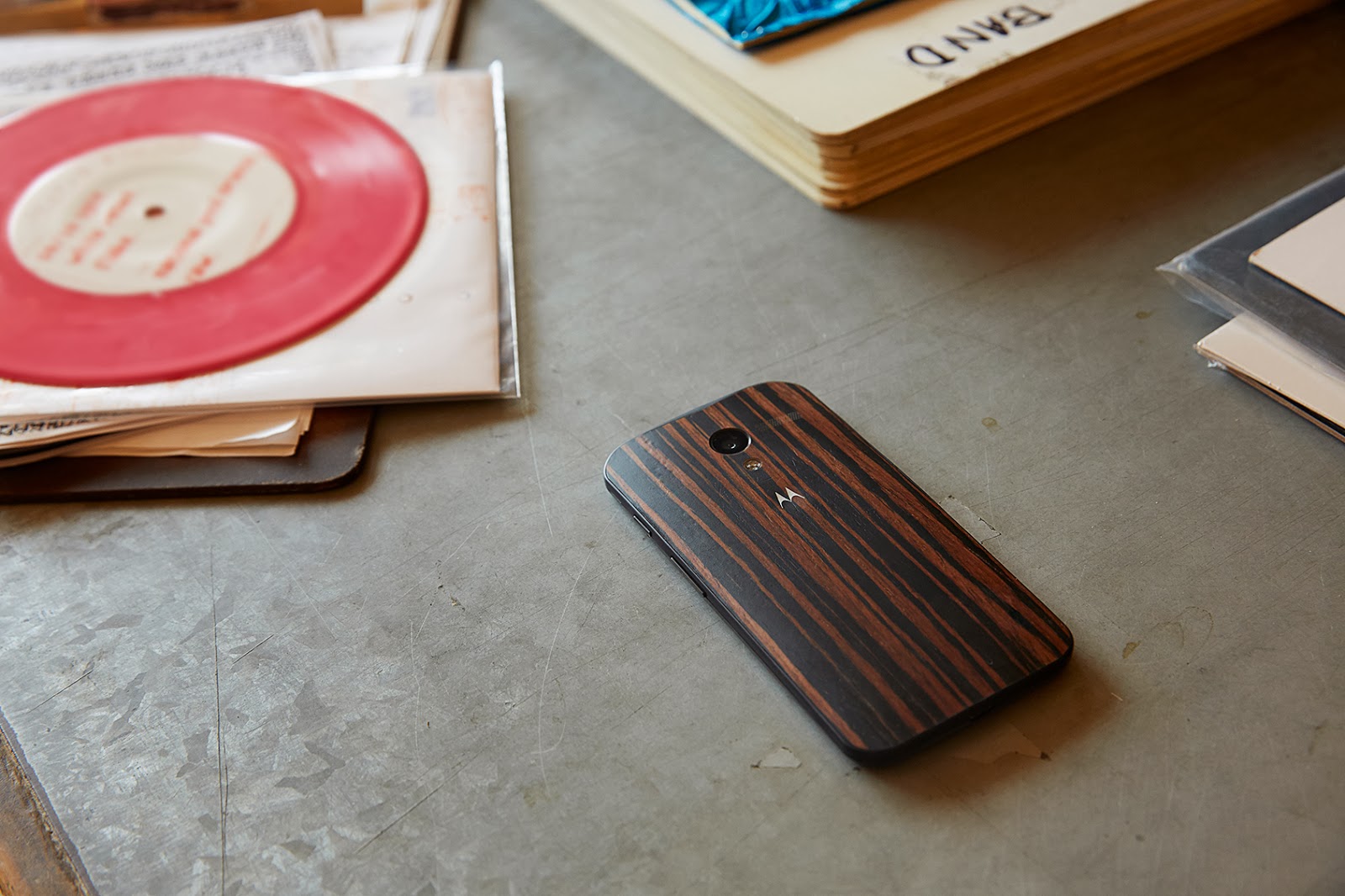Larry Page Makes Case Against His Own Motorola Purchase
At Google, the smart home is in but the smartphone is out.

Two weeks after announcing the $3.2 billion purchase of smart thermostat and smoke detector company Nest, Google said Wednesday that it is selling its Motorola smartphone business to Lenovo for $2.9 billion. The move is surprising as it comes less than two years after Google paid $12.5 billion for the business and other assets.
Google has invested in revamping the company’s image and released some impressive new handsets like the Moto X, but Motorola is still not a moneymaker. In the first three quarters of last year, it cost Google hundreds of millions of dollars.
Google is keeping most of Motorola’s patents and a research lab headed by former DARPA director Regina Dugan. It had previously sold off Motorola’s set-top box business for $2.4 billion, meaning that Google essentially paid billions for the remaining assets. They could prove to be valuable over time, but for now the focus is on the handset business, whose sale looks like an admission of defeat on Google’s part. It seems the company has decided that it was wrong to start building handsets in addition to designing the software for them.
In a post on the company’s official blog Wednesday, CEO and cofounder Larry Page said that the “super competitive” smartphone market means it is best for device makers to be solely focused on the mobile device market. With a portfolio ranging from search and online advertising to maps, autonomous cars, and Google Glass, Google, clearly, was not. Page thinks Lenovo–the world’s largest PC maker–can be, though. His posts says the company “has the expertise and track record to scale Motorola into a major player within the Android ecosystem.”
Page cautioned that the deal doesn’t mean Google is getting out of the hardware business altogether, though, saying the “dynamics and maturity of the wearable and home markets, for example, are very different from that of the mobile industry.” That suggests he believes the market for smart home devices, like the ones Nest makes, is still wide open, just as the mobile market was when the first Android smartphone came out in 2008.
The deal sounds like a good one for Lenovo, which already has a significant, growing smartphone brand outside the U.S. On a conference call with reporters, the company noted that it is the number-two smartphone company in China, and is gaining ground in emerging markets like Indonesia, Russia, and India. Lenovo plans to keep the Motorola brand alive in the US and Latin America, saying it makes sense to do so since the name is strong in those regions, and mentioned the possibility of reviving the name in China, too.
Keep Reading
Most Popular
Large language models can do jaw-dropping things. But nobody knows exactly why.
And that's a problem. Figuring it out is one of the biggest scientific puzzles of our time and a crucial step towards controlling more powerful future models.
The problem with plug-in hybrids? Their drivers.
Plug-in hybrids are often sold as a transition to EVs, but new data from Europe shows we’re still underestimating the emissions they produce.
Google DeepMind’s new generative model makes Super Mario–like games from scratch
Genie learns how to control games by watching hours and hours of video. It could help train next-gen robots too.
How scientists traced a mysterious covid case back to six toilets
When wastewater surveillance turns into a hunt for a single infected individual, the ethics get tricky.
Stay connected
Get the latest updates from
MIT Technology Review
Discover special offers, top stories, upcoming events, and more.